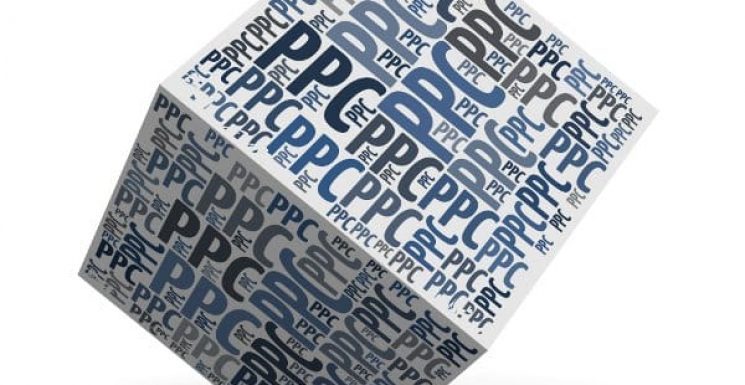Not all pay per click campaigns are going to be winners at first. You may have spent a lot of time with your keyword research and wrote magnificent ad copies that are very relevant to your keywords. But you may need to fine-tune your efforts to make PPC even more successful and give you a higher return on investment.
So you go ahead and make adjustments to your ad groups, ad copy and other elements of your PPC campaign, but nothing helped. Then you make another round of changes.
You repeat this process and you eventually end up frustrated. Yet before you call PPC a failure, you might want to stop and ask yourself if you are doing things the right way. You might be optimizing the wrong way.
What are the most common PPC optimization errors?
- Using too little data to make decisions
- Not improving on something that worked in the past
- Not testing your changes
- Not minding the time periods
Information, statistics and data are your best allies when it comes to PPC. You would need all these in order to learn what keywords, landing pages and ads are performing better than others. The good thing is that there are a lot of analytics software out there that are good and are free to use. You could use Google Analytics to find out how your PPC is doing.
Analyze the data you get from your analytics to find out your weak points and start changing from there.
If you have too little data to work with on the keyword level, you might want to take a look at all the data you have for a particular ad group. If that is still too small, take a look at the data for your whole campaign.
As a rule of thumb, 200 clicks is a safe number to know if you have a large enough data set to work with.
Remember that optimizing your PPC with too little data or insignificant data sets is very dangerous. It is like saying that the newest iPhone is not a big hit because you asked 10 of your friends and nobody had plans on buying it. You would be wrong in your pronouncement, at the very least. The same logic applies to PPC optimization based only on a handful of clicks. You really do not know if a keyword is not converting based on just 5 clicks with no sale.
Some people develop a mindset to never fix anything that is not broken. Well and good. But if you avoid tweaking the keywords, ads and landing pages because they converted sometime ago is just wrong.
Remember that people’s preferences change and so do their search queries. Getting a product sold because of one keyword is not a guarantee that you will sell something in the future because of it.
One trick is to lessen your focus on individual search terms. Instead, try to find trends or themes from your search query reports to see what types of keywords are being used by people to find your site.
Once you have identified what elements to change or improve, work on it so that you could have two different versions of your improvements. Put both versions out there and check to see which one works better.
Not only will this help you come up with a better ad copy or a better set of keywords or use a better landing page, but it will also give you a tremendous amount of insights as to what is effective and what is not.
Be sure to take note of what you learn with your testing. Sometimes, it could be a matter of color, like a red call to action button converting better than a black one. Or putting price points in your ad attracting more clicks than being silent on the price.
Over time, you will be able to develop your own set of best practices that you can use to improve your PPC campaigns.
Say that today, you took a look at your analytics for the past 30 days and made some changes to your PPC campaign based on the data you have. Then after a week, you take a look at your analytics again, this time also for the past 30 days, and again made some changes.
You actually had only seven days of fresh data to work with, the rest is overlapping data. Doing this usually leads to poor judgments.
Be sure to make a record of the dates where you make changes to your PPC campaign. If you feel the urge to optimize your ads, view only data starting from the date when you last made changes onward.
Better yet, create a regular schedule for your PPC optimizations. For example, do it on a particular day (i.e., the 15th of each month) or on the first week of every month.
PPC optimization is quite tricky, indeed. You should not change your ads, keywords and other elements without having a significant and reliable data set that you have thoroughly analyzed. Over time, however, you would have developed intuition and experience to know what makes changes effective and how to ensure that your changes are good.
About the Author
This guest post is written by Search Engine Optimization, Inc. It is easy to make mistakes in paid search even if you have some experience with it. Let an established PPC Management Firm take care of all your Pay-Per-Click needs so that everything is ran smoothly and correctly.


